Optimal Timing for Water Treatments
Water treatments are most effective when performed during specific periods to ensure optimal water quality and system performance. Timing depends on factors such as seasonal changes, water usage patterns, and water source conditions. Proper scheduling can help prevent issues like scaling, corrosion, and microbial growth, maintaining water system efficiency and longevity.
Ideal for preparing systems after winter, addressing accumulated mineral deposits and microbial buildup.
Effective during high usage periods to prevent microbial growth and maintain water clarity.
Prepares water systems for colder months, reducing the risk of freezing and corrosion.
Performed to manage low temperatures and prevent system damage from ice and mineral buildup.
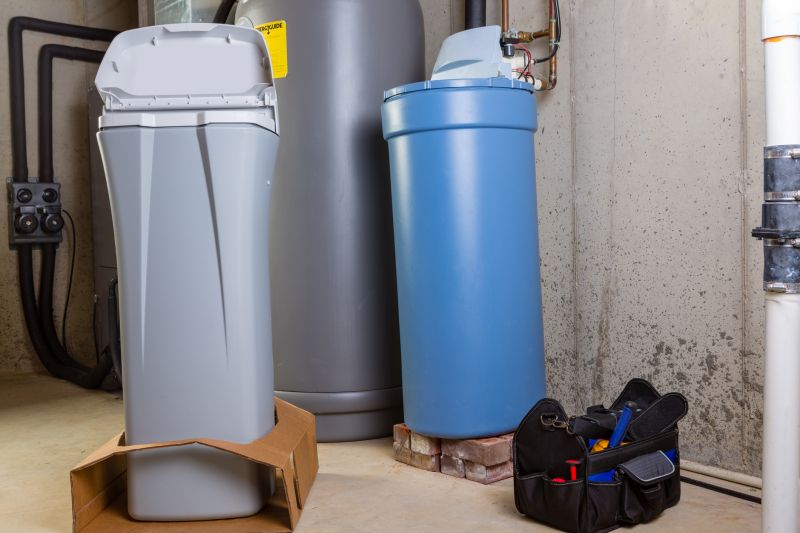
Ways to make Water Treatments work in tight or awkward layouts.
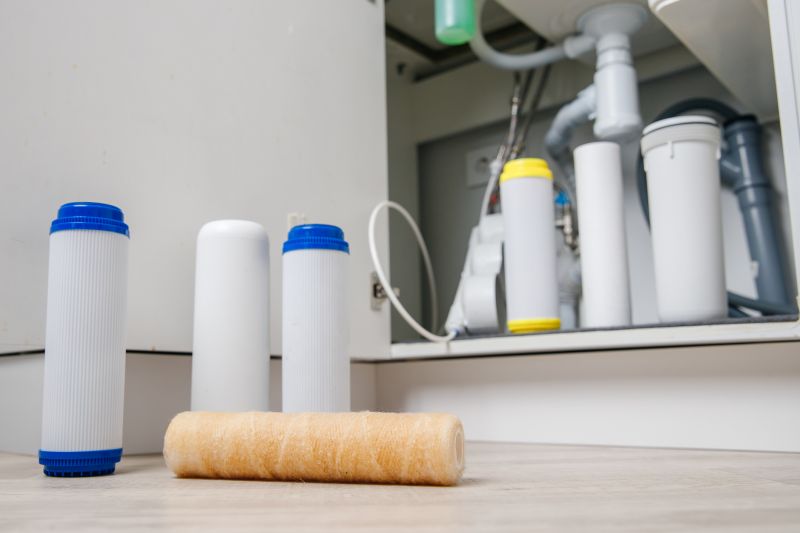
Popular materials for Water Treatments and why they hold up over time.

Simple add-ons that improve Water Treatments without blowing the budget.
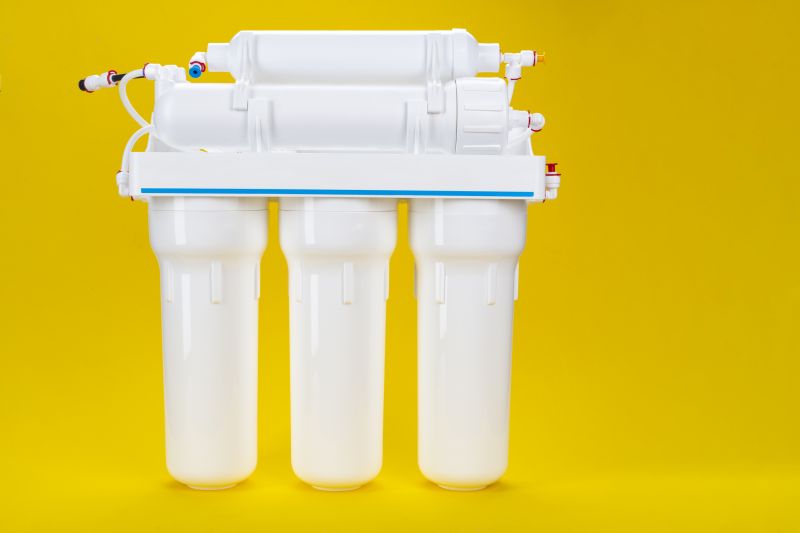
High-end options that actually feel worth it for Water Treatments.
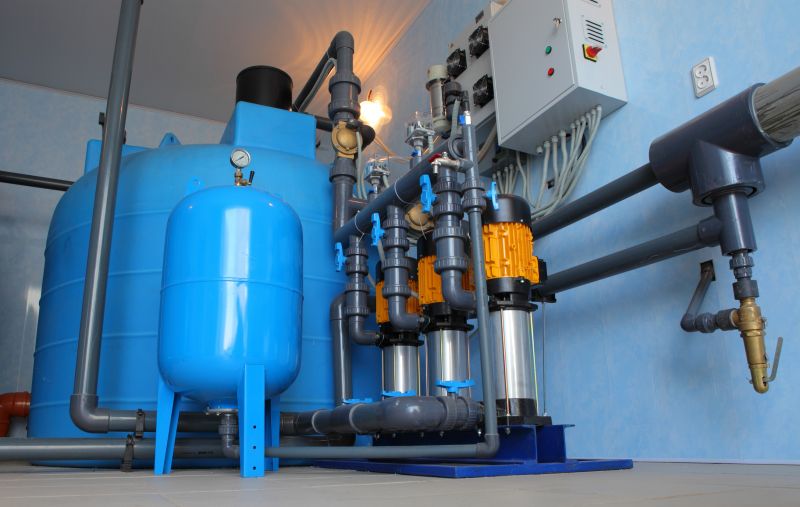
Finishes and colors that play nicely with Water Treatments.
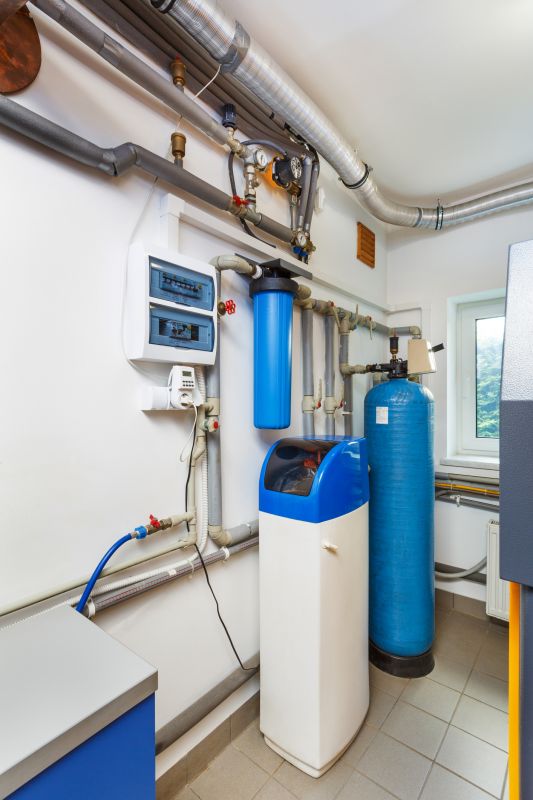
Little measurements that prevent headaches on Water Treatments day.

A 60-second routine that keeps Water Treatments looking new.

A frequent mistake in Water Treatments and how to dodge it.
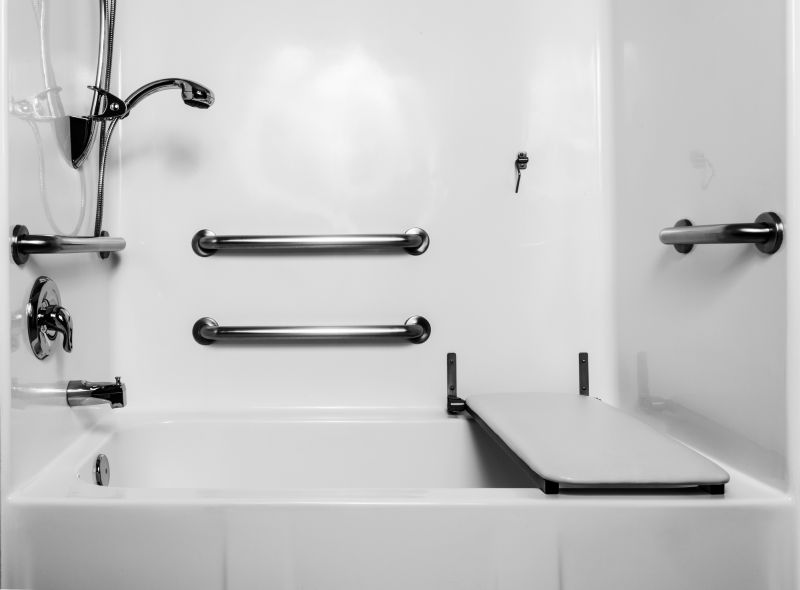
Small tweaks to make Water Treatments safer and easier to use.
| Season | Optimal Treatment Time |
|---|---|
| Spring | Post-winter to prepare systems for increased usage |
| Summer | During peak usage to prevent microbial growth |
| Fall | Before cold weather to prevent freezing damage |
| Winter | During mild periods to manage low temperatures |
| Year-round | Routine maintenance at scheduled intervals |
Water treatments encompass a variety of processes designed to improve water quality and protect plumbing systems. These treatments include chemical dosing, filtration, and microbial control methods. Proper timing ensures these processes are most effective, reducing mineral buildup, preventing corrosion, and eliminating harmful bacteria. Statistics indicate that regular water treatments can extend the lifespan of water systems by up to 30% and reduce energy costs associated with scaling and fouling.
Scheduling water treatments at appropriate times can significantly enhance water system performance. Seasonal adjustments are crucial, as water quality and usage patterns fluctuate throughout the year. By aligning treatments with these cycles, property owners can maintain cleaner, safer water and avoid costly repairs or replacements caused by neglect or improper timing.
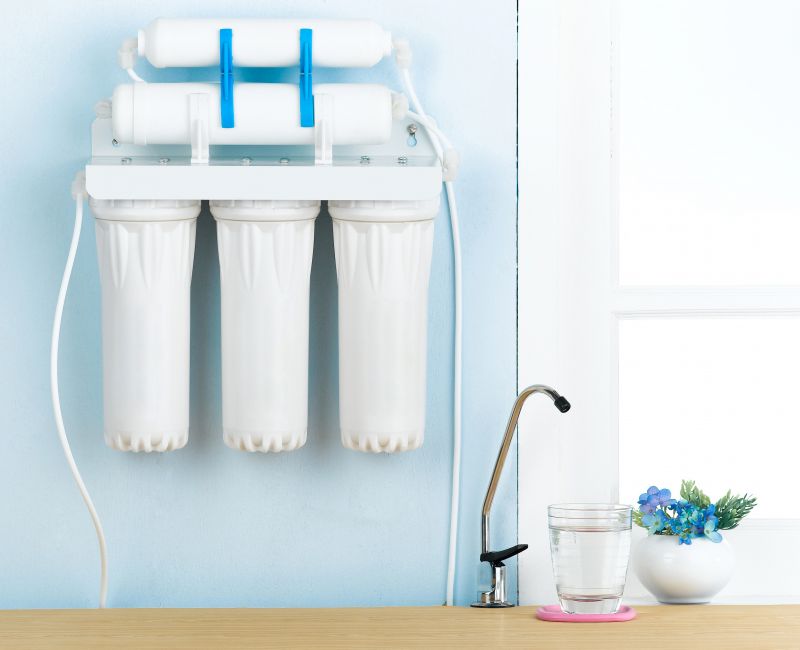
Lower-waste or water-saving choices for Water Treatments.
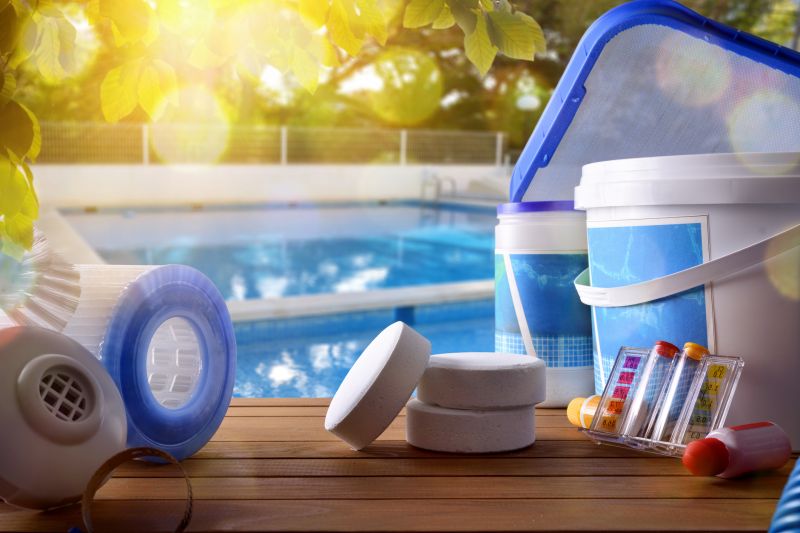
The short, realistic tool list for quality Water Treatments.
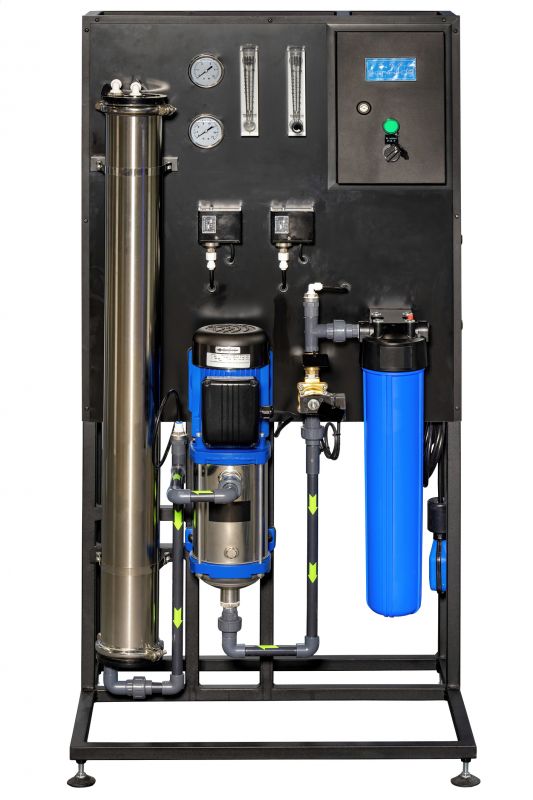
Rough timing from prep to clean-up for Water Treatments.
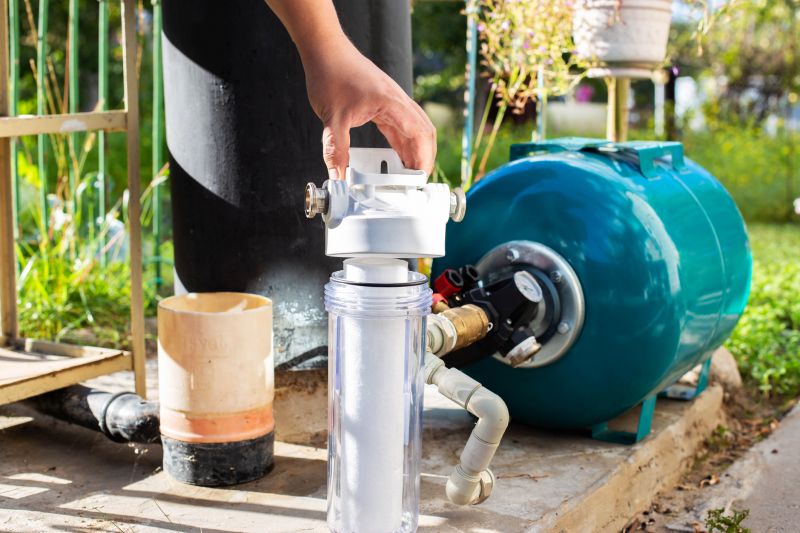
Quick checks and paperwork to keep after Water Treatments.
Interested parties are encouraged to contact to discuss scheduling a water treatment. Proper timing and maintenance can ensure water systems operate efficiently and reliably, reducing long-term costs and enhancing water quality.

